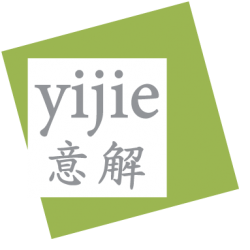China Implements Revised Requirements for Food Importers and Exporters
On 13 April 2021, the General Administration of Customs of China (GACC) issued No. 248 and No. 249 orders, which deal with “Administrative Regulations on the Registration of Overseas Manufacturers of imported Food of the People’s Republic of China” and “Administrative Measures on import and Export Food Safety of the People’s Republic of China” respectively.
Order No. 248 stipulates that all overseas production enterprises of imported food need to be registered and it changes the registration method and the application materials, as well as imposing new packing and labeling requirements.
Order No. 249 stipulates requirements for overseas facilities registration, record filing by importers and exporters, quarantine and inspection, and product labeling, among others. It also introduces the concept of a conformity assessment, which covers the evaluation of foreign food safety management systems, the registration of overseas food export facilities, and required record filing by importers and exporters.
The two regulations were implemented on 1st January 2022 and are very important for overseas manufacturers wishing to export foods to China.



